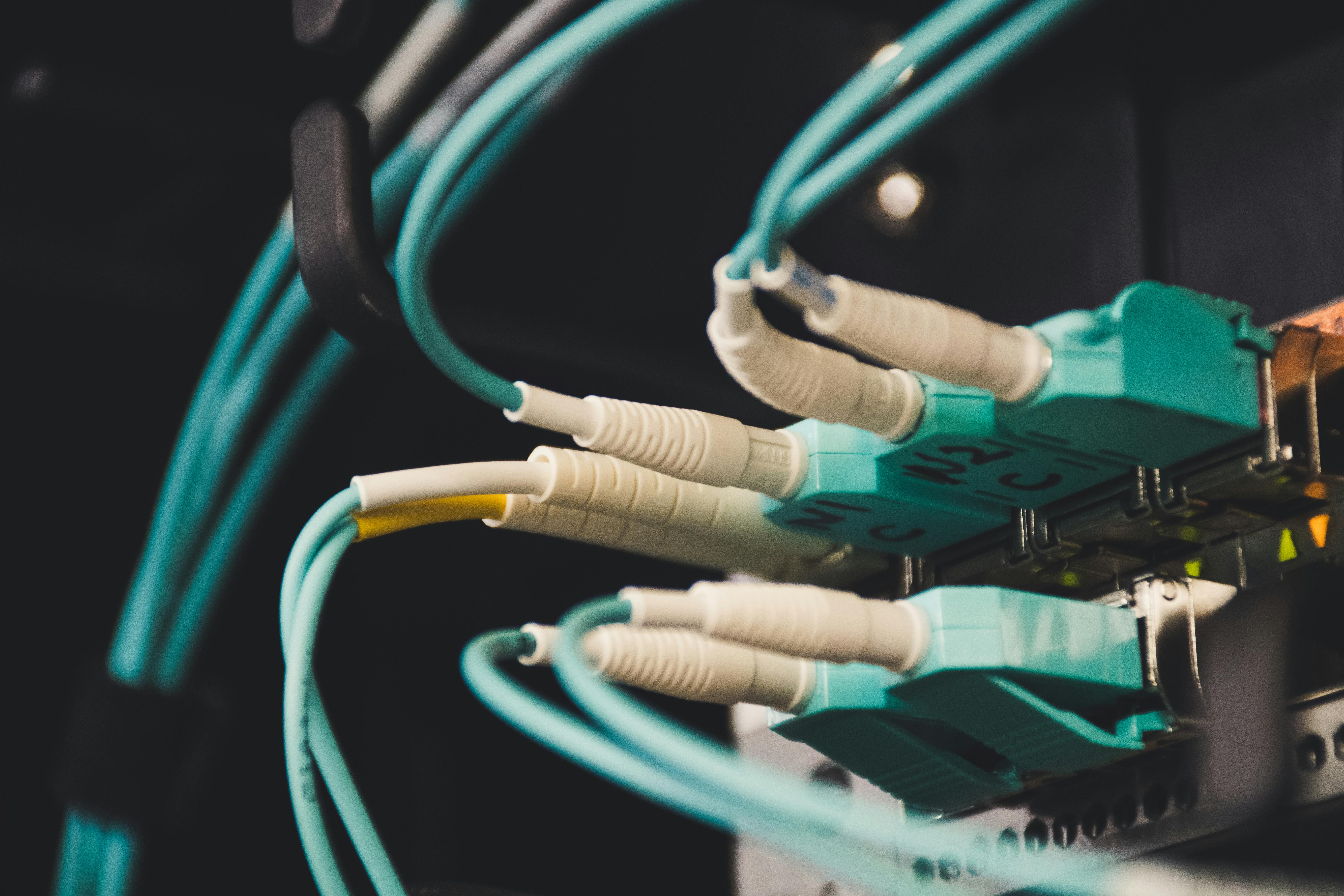Biocircadian Nutrition: Aligning Meals with Your Body's Natural Rhythms
Did you know that the timing of your meals could be just as important as what you eat? Imagine a world where your breakfast, lunch, and dinner are perfectly synchronized with your body's internal clock, optimizing your health and well-being. Welcome to the fascinating realm of biocircadian nutrition, a cutting-edge approach that's revolutionizing our understanding of diet and metabolism.

The Science Behind Biocircadian Nutrition
At the heart of biocircadian nutrition lies the concept of circadian rhythms – the natural, internal processes that regulate our sleep-wake cycle and many other physiological functions. These rhythms are controlled by our body’s master clock, located in the brain’s hypothalamus, and are influenced by external cues like light and darkness.
Recent research has revealed that our digestive system, liver, and other metabolic organs also have their own circadian clocks. These peripheral clocks are synchronized with the master clock but can be influenced by our eating patterns. When we eat at times that are misaligned with these clocks, it can disrupt our metabolic processes and potentially lead to health issues.
Timing is Everything: The Metabolic Impact of Meal Timing
Studies have shown that the timing of our meals can significantly affect how our bodies process and utilize nutrients. For example, insulin sensitivity tends to be higher in the morning, making it an ideal time for consuming complex carbohydrates. Conversely, eating large meals late at night, when our metabolism naturally slows down, may contribute to weight gain and metabolic disturbances.
Researchers have found that individuals who consume their largest meal earlier in the day tend to have better weight management and improved metabolic health compared to those who eat their main meal late in the evening. This aligns with the concept of chrononutrition, which suggests that our bodies are primed for different nutritional needs at various times of the day.
Implementing Biocircadian Nutrition in Daily Life
Adopting a biocircadian approach to eating doesn’t require drastic changes to your diet. Instead, it focuses on optimizing the timing of your meals and snacks. Here are some key principles to consider:
-
Eat breakfast within two hours of waking to kickstart your metabolism
-
Consume your largest meal before 3 PM when possible
-
Allow for a 12-14 hour overnight fasting period
-
Avoid late-night snacking, especially high-carbohydrate foods
-
Consider your individual circadian type (e.g., early bird or night owl) when planning meals
By aligning your eating patterns with your body’s natural rhythms, you may experience improved energy levels, better digestion, and more stable blood sugar levels throughout the day.
The Role of Light Exposure in Biocircadian Nutrition
Light exposure plays a crucial role in regulating our circadian rhythms, and by extension, our metabolic processes. Natural daylight, especially in the morning, helps to reset our body’s master clock and can influence our appetite and metabolism.
Research has shown that individuals who get regular morning sunlight exposure tend to have lower BMIs and better metabolic health. Conversely, exposure to artificial light at night, particularly blue light from electronic devices, can disrupt our circadian rhythms and potentially lead to metabolic disturbances.
To support your biocircadian nutrition efforts, try to:
-
Get outside for natural light exposure within an hour of waking
-
Use blue light blocking glasses in the evening
-
Dim lights and avoid screens for at least an hour before bedtime
-
Consider using light therapy devices during darker winter months
Personalized Approaches to Biocircadian Nutrition
While general principles of biocircadian nutrition can benefit most people, it’s important to recognize that individual circadian rhythms can vary. Factors such as age, genetics, work schedules, and lifestyle can all influence our optimal eating patterns.
Some people may naturally be early risers, while others are night owls. These circadian preferences, known as chronotypes, can affect when we feel most hungry and when our bodies are best prepared to process certain nutrients.
As research in this field progresses, we may see more personalized approaches to biocircadian nutrition, taking into account individual chronotypes and other factors to create tailored eating plans that optimize metabolic health and overall well-being.
Biocircadian Boosters: Quick Tips for Syncing Your Diet with Your Body Clock
• Rise and dine: Aim to eat within 30 minutes of waking to synchronize your peripheral clocks
• Front-load your calories: Consume 50% of your daily calories before 2 PM
• Respect the fast: Try to maintain a 12-hour overnight fasting period
• Dim to slim: Reduce light exposure in the evening to support healthy melatonin production
• Carb timing: Enjoy complex carbohydrates earlier in the day when insulin sensitivity is highest
• Protein power: Include a source of protein with each meal to stabilize blood sugar levels
• Mindful mealtimes: Eat without distractions to enhance digestion and nutrient absorption
As we continue to unravel the intricate connections between our body clocks and our diets, biocircadian nutrition stands poised to revolutionize our approach to eating. By aligning our meals with our natural rhythms, we can unlock new pathways to improved health, vitality, and well-being. The future of nutrition isn’t just about what we eat, but when we eat – a simple yet powerful shift that could transform our relationship with food and our bodies.






